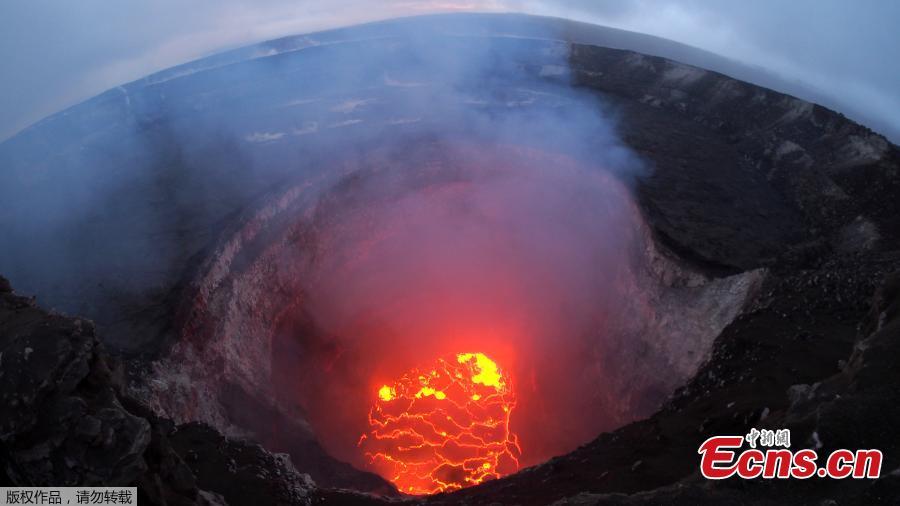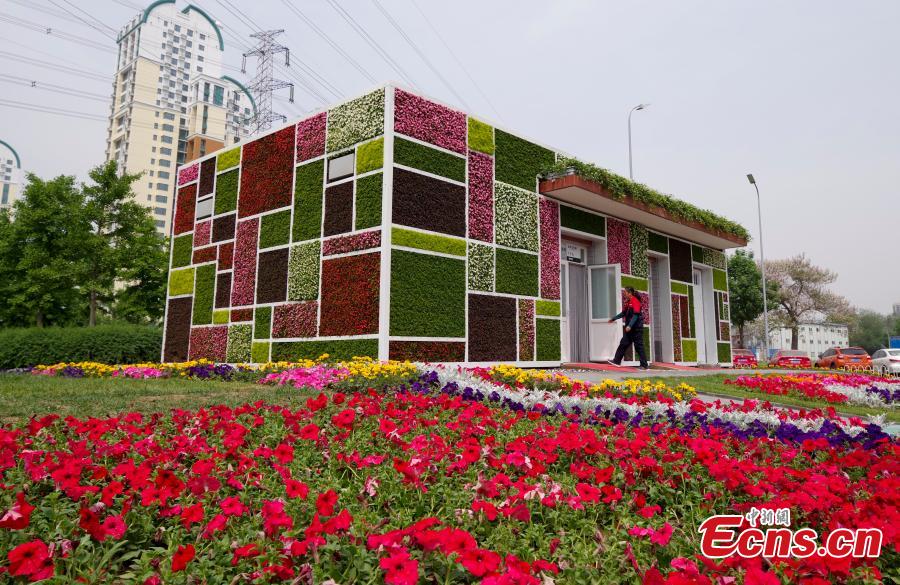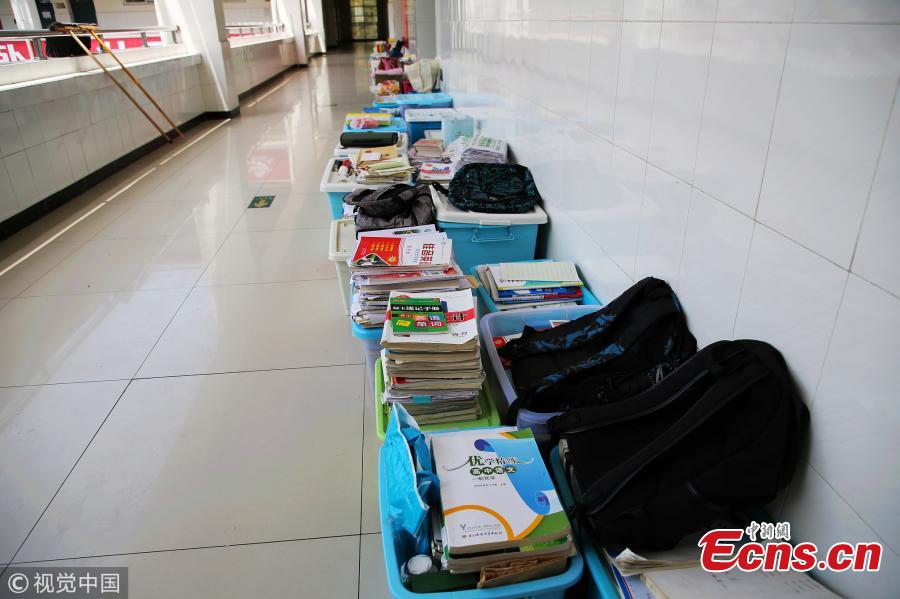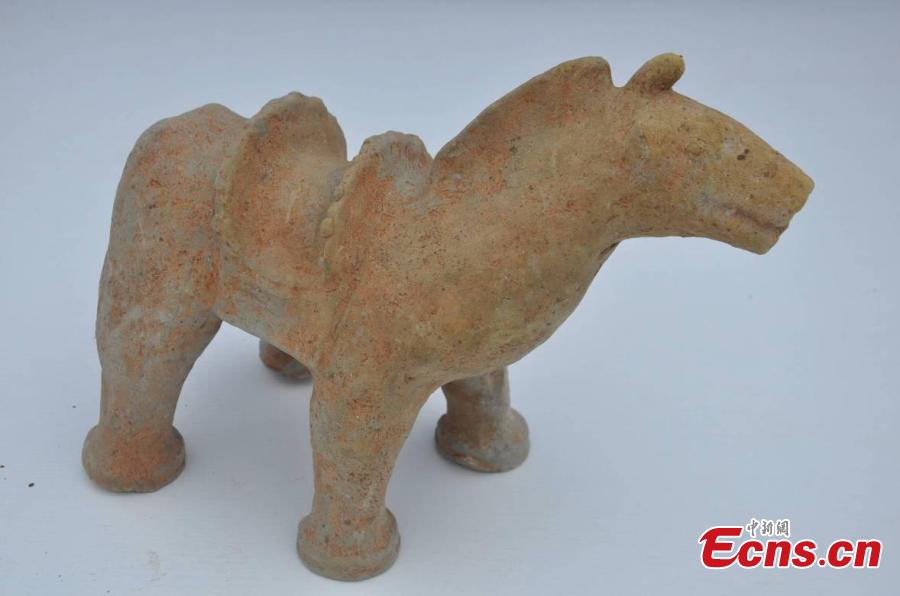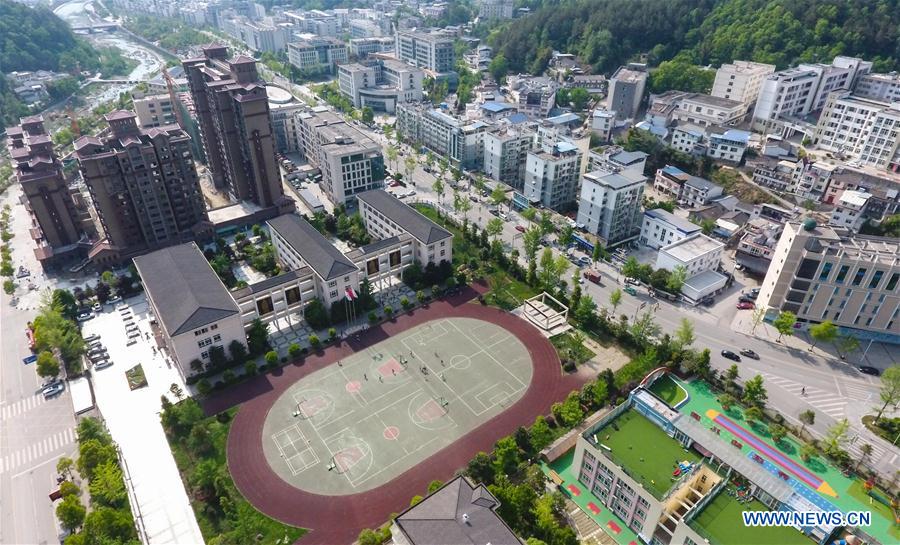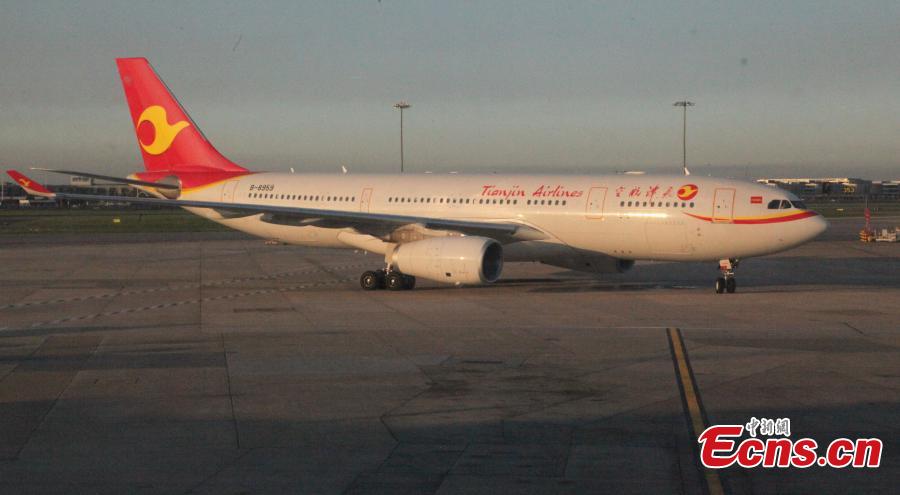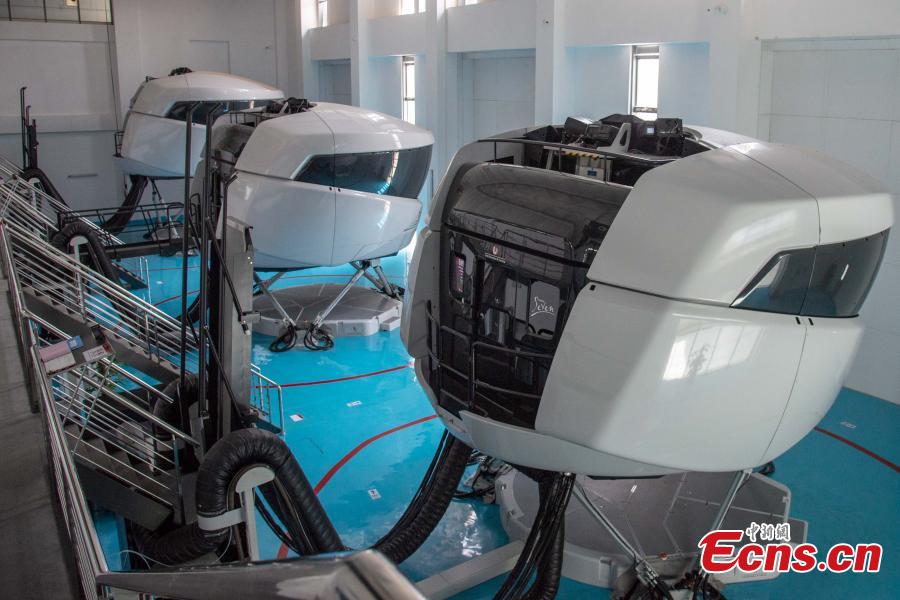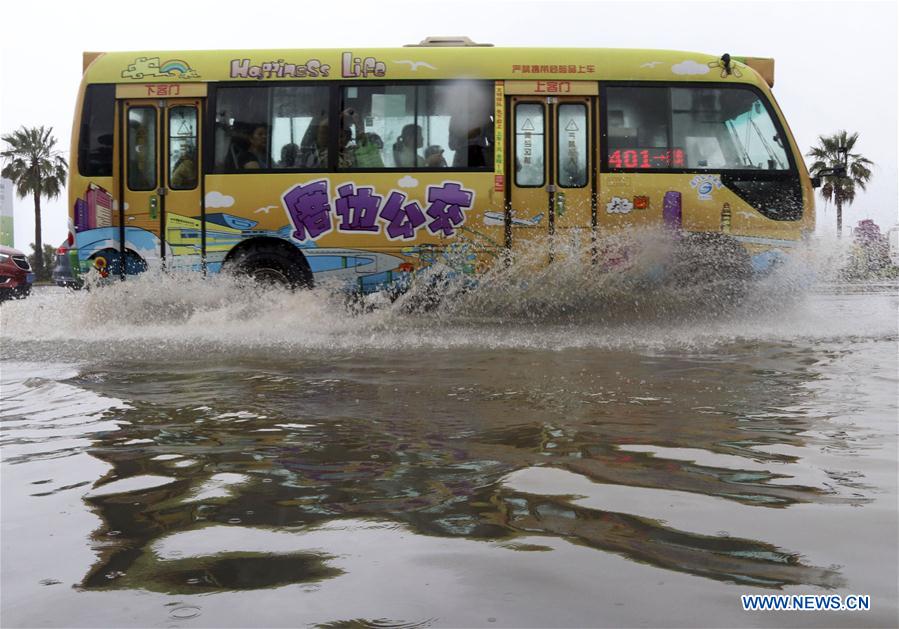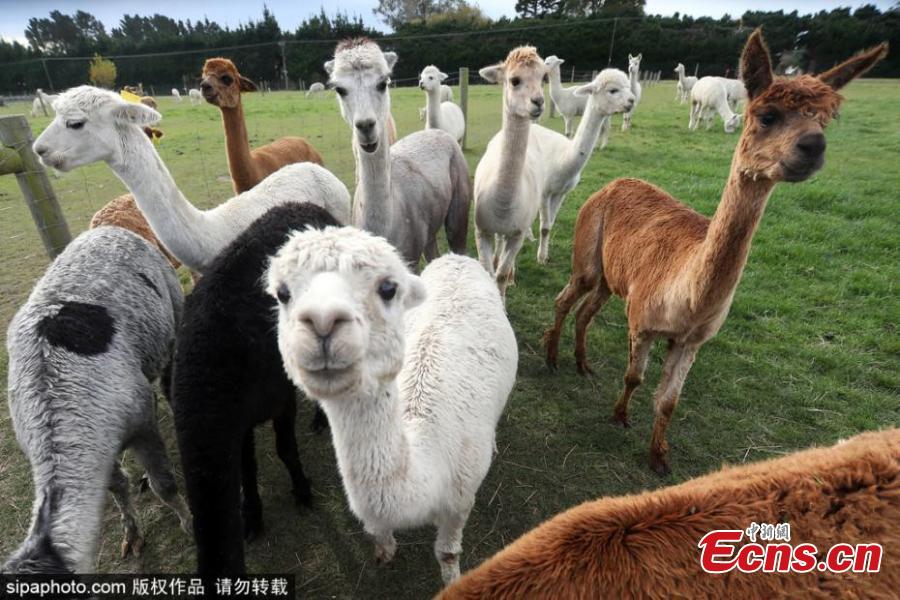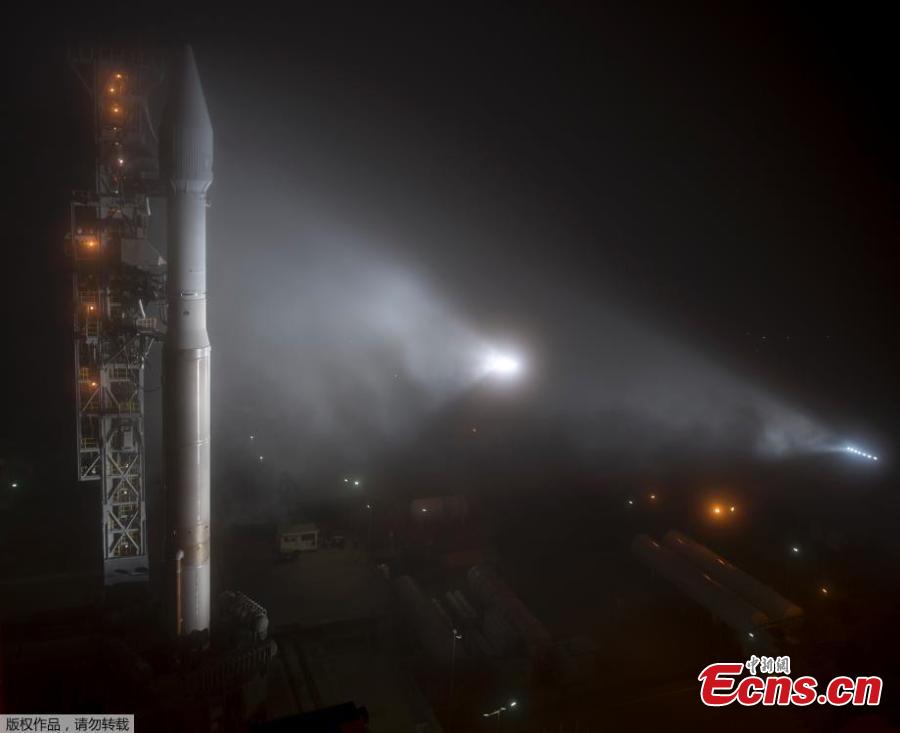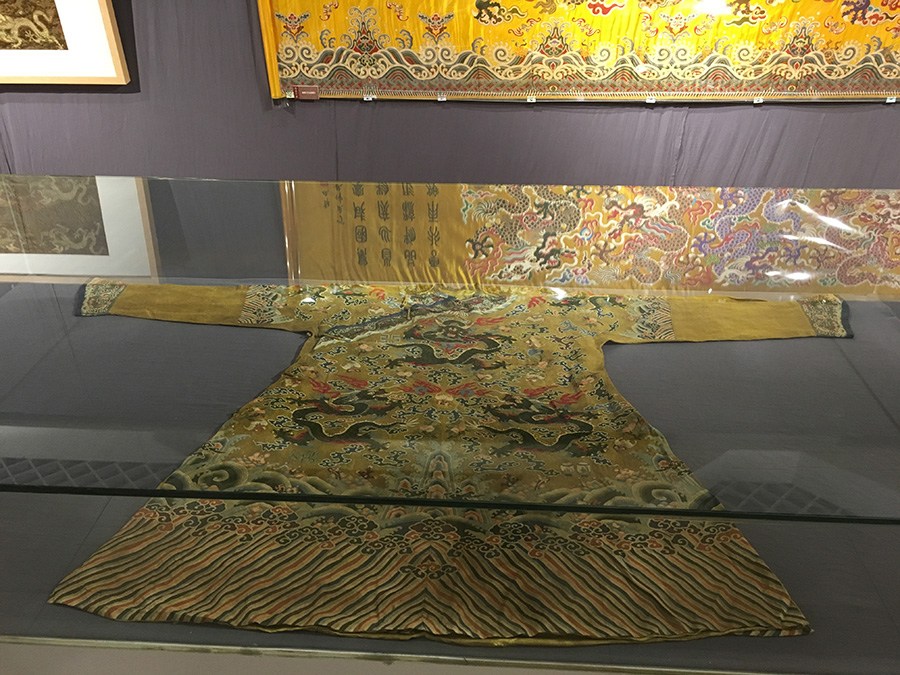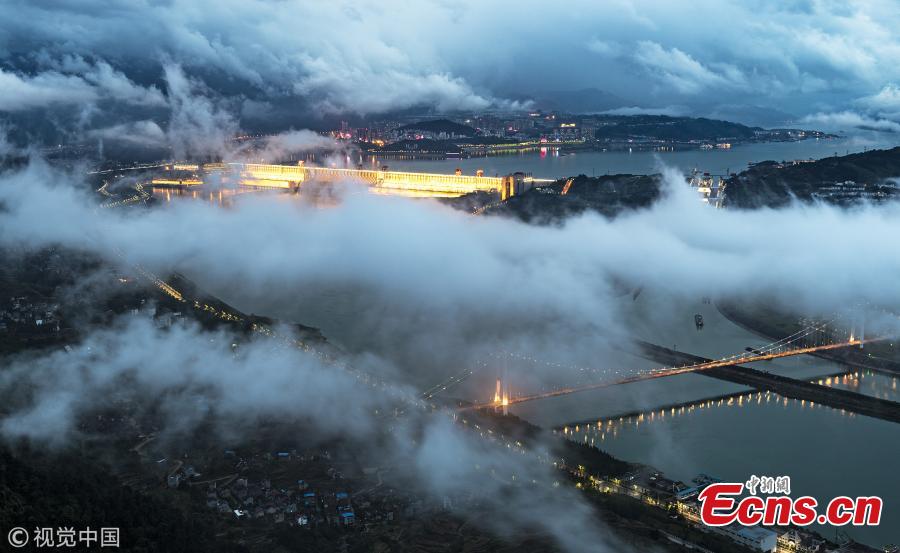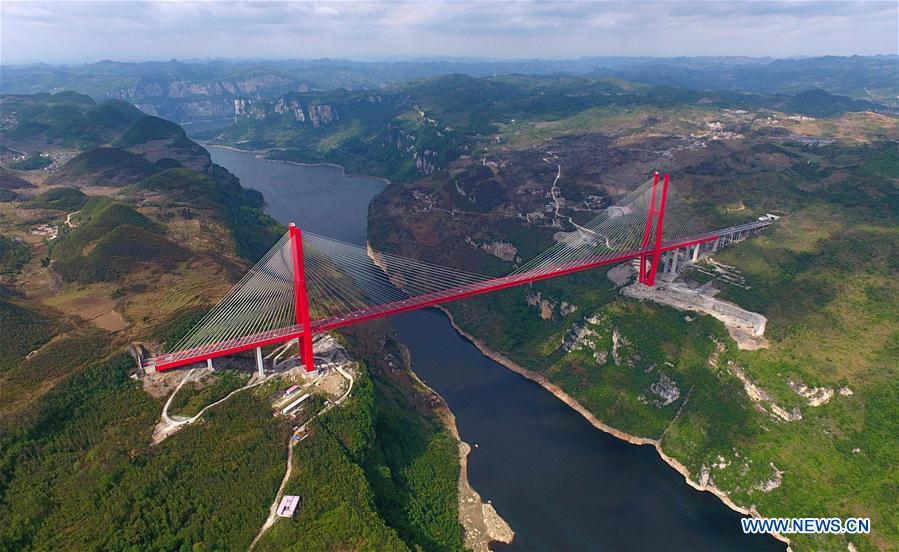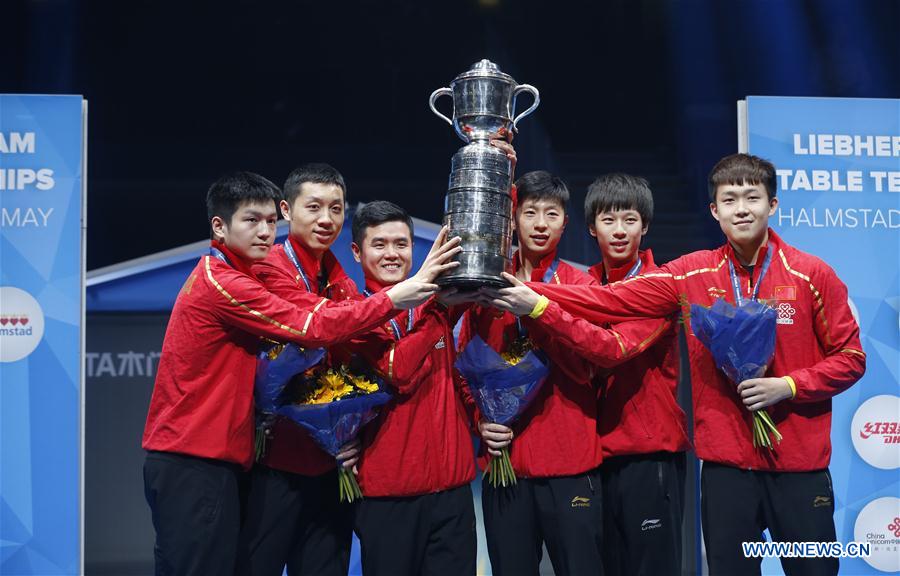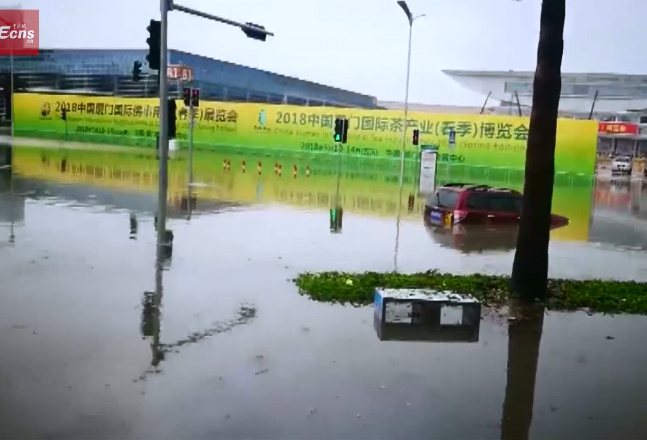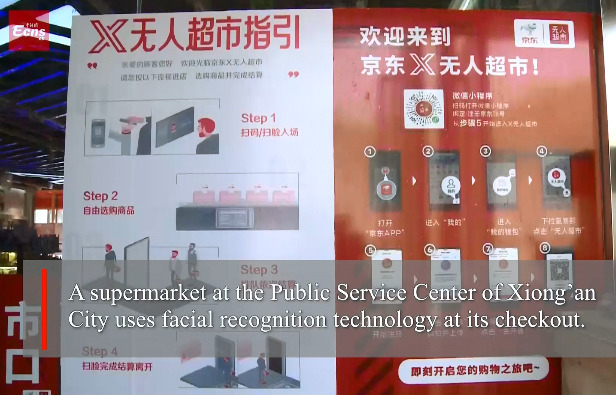Scholar upbeat on Beijing-Tokyo business venture opportunities
The ongoing first session of the 13th National People's Congress is of great importance, as it is putting on public display thoughtful discussion on the important issues facing China within the context of President Xi Jinping's Thought on Socialism with Chinese Characteristics for a New Era, said Gyokurin Sei, manager of market operations for the Asia-Pacific team of major Japanese trading firm Marubeni Corp. [Special coverage]
It therefore comes as little wonder that the event in Beijing is winning plenty of attention in both China and abroad. New Chinese government officials are expected to be appointed - a procedure that takes place every five years.
This year marks the 40th anniversary of China's reform and opening-up, which was the Chinese government's recognition of economic reform as key to the country's development. It is all an attempt to unlock China's full potential, Sei said.
In earlier periods of the country's reform and opening-up drive, China attached great importance to attracting foreign investment and relied heavily on export revenue. As a result, China built itself into "a factory of the world", Sei said.
With domestic and overseas markets in mind, China has recently been working hard to become a leading supplier of high-end products as well as an international gateway for imports and exports.
China is working hard to build a more integrated global community. Sei, who is also a nonresident scholar with the Shanghai Institute for International Studies, said the Belt and Road Initiative is a clear example of this as it aims to promote tighter economic ties worldwide that are mutually beneficial for all.
The initiative has been well-received in the international community - a large part of which has expressed a desire to actively participate, he said.
The initiative, Sei said, is attracting much attention in Japan. The Japanese government - particularly the Foreign Ministry - is both wary and hopeful about the strategic purpose of the Belt and Road Initiative.
Thanks to Japanese companies' interest in playing a part in the initiative, government departments, including the ministries of industry and transportation, are increasingly hopeful of finding areas of possible cooperation with China.
Though some distrust still exists between the two countries, China and Japan can still step up cooperation in many areas including infrastructure projects that Chinese and Japanese firms have jointly worked on and financed together, Sei said.
He added that there are many more projects that hold potential for further cooperation between the two neighbors, including cross-border e-commerce, transcontinental railway development and seaborne container transportation.
The public-private partnership programs funded by international financial organizations including the China-initiated Asia Infrastructure Investment Bank and the Asian Development Bank, in which Japan is a major shareholder, can serve as platforms for cooperation between China and Japan, he said.









